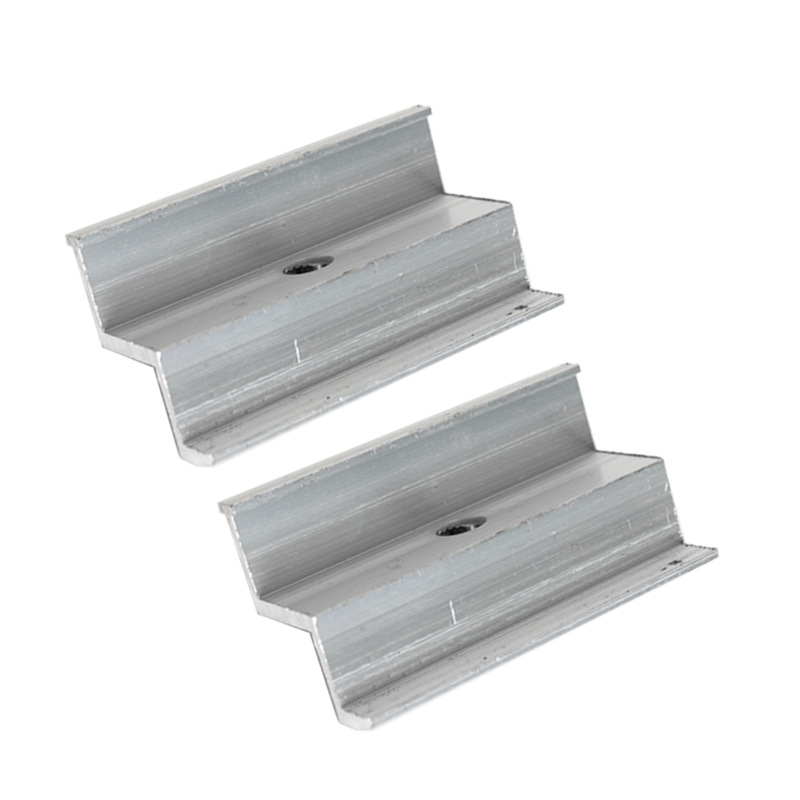

Types of Washers Used with Different Bolt Types and Their Applications
9月 . 25, 2024 13:21 Back to list
Types of Washers Used with Different Bolt Types and Their Applications
Types of Bolt Washers An Essential Guide
When it comes to fastening materials together, bolts are often indispensable. However, a bolt alone might not provide the strength and durability required for certain applications. This is where bolt washers come into play. Washers serve multiple purposes, including distributing load, minimizing friction, and protecting surfaces. In this article, we'll explore the various types of bolt washers, their functionalities, and where they are typically used.
1. Flat Washers
Flat washers are among the most common types of washers. They have a simple circular shape with a hole in the center to fit over the bolt. Their primary function is to distribute the load of the bolt head or nut across a larger area. This is particularly useful in softer materials, as it prevents them from being damaged by the pressure of the bolt. Flat washers are often made from materials such as steel, stainless steel, or plastic, and they come in various sizes to accommodate different bolt dimensions.
2. Lock Washers
Lock washers are designed to prevent bolted joints from loosening due to vibrations or other forces. There are several types of lock washers, including split lock washers, which have a helical shape that provides tension; toothed lock washers, which have teeth that grip the surface; and flange lock washers, which have a built-in flange that helps distribute load while preventing loosening. Lock washers are essential in applications where stability and safety are priorities, such as in machinery and automotive parts.
3
. Spring WashersSpring washers are used in applications requiring extra tension and flexibility. These washers are made from a spring-like material and are designed to compress under load. Their unique shape allows them to maintain tension and compensate for any thermal expansions or contractions, making them suitable for use in engines and high-temperature environments.
types of bolt washers

4. Fender Washers
Fender washers are notable for their larger outer diameter compared to standard flat washers. This design allows them to distribute load over a larger surface area, making them particularly useful in situations where a larger bearing surface is needed. They are often used in applications like automobile fenders to prevent pulling through.
5. Sealing Washers
Sealing washers, also known as rubber or gasket washers, are used to create a watertight or airtight seal between a bolt and the material it penetrates. These washers are typically made from rubber or other flexible materials and are crucial in plumbing and electrical applications, where preventing leaks is essential.
6. Insulating Washers
Insulating washers are used to separate electrical components to prevent conduction. They are often made from materials like nylon or plastic and are commonly found in electrical assemblies.
Conclusion
Selecting the right type of bolt washer is crucial for the integrity and longevity of any assembly. Flat washers offer basic load distribution, while lock washers and spring washers provide added security against loosening and temperature changes. Fender washers help spread the load, sealing washers provide protection against leaks, and insulating washers ensure safety in electrical applications. By understanding the various types of bolt washers and their respective advantages, you can make informed choices tailored to your specific needs, ensuring robust and reliable connections in your projects. Whether you're working in construction, automotive, or any other field, choosing the right washer is a small step that can make a significant difference in your work's performance and safety.
Latest news
-
Similarities and Differences Between Plain Washer and Spring Washer - Fastener Comparison Guide
NewsJun.10,2025
-
Effortless Installation Self-Drilling Window Screws - Fast, Secure, and Durable Fasteners
NewsJun.10,2025
-
Self Drilling Stucco Screws for Fast, Secure Installation Self Tapping & Self-Tapping Fasteners
NewsJun.10,2025
-
Premium Hot Dipped Galvanized Self Tapping Screws - Durable Corrosion Resistance
NewsJun.09,2025
-
Discover M12 Weld Stud Benefits & Applications Guide
NewsJun.09,2025
-
M25 Stainless Steel Washers High-Durability Fasteners for Corrosion Resistance
NewsJun.09,2025

